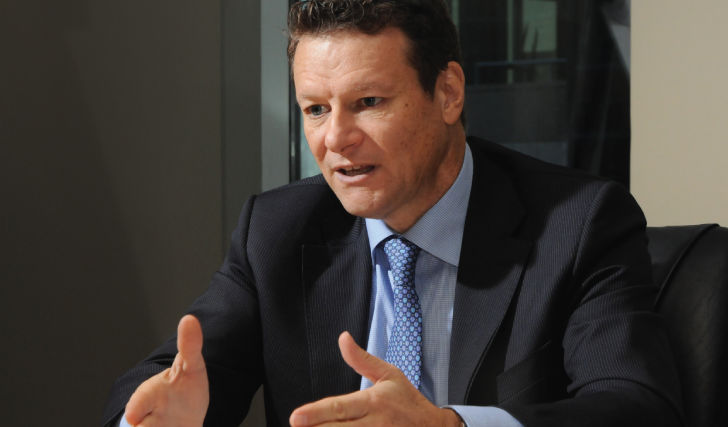Robert Frances, chairman and CEO of PEAK Financial Group, does not believe the industry is threatened by technological giants. Instead, he worries about the young consumers because the industry is at risk of not connecting with them. He says regulators should ensure that their rules encourage young consumers to save.
To diversify Peak Financial Group’s portfolio, Frances began investing in various technology companies, including Diagram in Canada in financial services, and Landr in the music world, a Montreal firm that has already mastered more than six million songs, with Warner Brothers as one of its shareholders. Frances is the chair of the board of directors of Landr, and he is also a musician. He also made some investments in the United States.
What is there to gain with this strategy? “Exposure to technology people,” says Frances. “We rarely see people in financial services integrating technology firms. Instead, the opposite happens. By investing in it, we become more knowledgeable.”
Frances also looks for ideas for his business, as well as benefits from learning about the vision of start-up entrepreneurs.
He is working to distance himself from PEAK’s day-to-day operations to reflect on his strategy. The recent appointment of Marc Doré as president and chief operating officer is proof of this. “I want to think about the next generation. Working with people in technology allows me to create links.”
He says that his organization is coming to an important crossroads. “When I think of PEAK, I cannot think about it in terms of an SME…We have $10 billion in assets under management. We work with 1,500 people, including employees, financial advisors and stockbrokers. I have to think about its future as a medium-sized company,” says Frances.
When asked if he thinks that the industry’s thinking about technological challenges is advancing as fast as he would like, Frances responds that even if the industry does not go at the pace he would like, the opportunities are enormous.
“We see at least that there is an interest among insurers. The development of electronic applications proves it.”
Regulatory burden
He says, however, that the insurance industry has lagged behind. He says a heavy regulatory burden may account for part of this technology lag.
“PEAK Financial Group reports to 19 regulators across Canada. It does not make sense. I cannot believe that there is such competition between them. Is there not a way for them to come to an understanding? Technology would allow us to reduce paperwork. We are not strong enough in this area.”
Frances says he does not share the views of those who believe that technology will replace advisors, or that a digital disruptor will turn everything upside down in the market. “We have not arrived there,” he says.
His fears for the industry are more social. “How will we connect with the younger generations? There is a danger here…because if you do not show young people that they can save, they will spend their money.” he said.
“That’s where our industry has to invest – whether it’s in modern technology or advertising, or whatever else – to reach those young people.”
In this regard, Frances says he understands the regulators’ goals related to transparency, in particular with the coming CRM3 rules. He believes both regulators and the industry must ask themselves the question: “Can we encourage people to save more? If they are fearful of the industry, they will not save. They will spend their money and regret it later.”
What regulators can do is ensure that their regulation inspires consumers to invest, Frances says. While he, like many advisors, want to ensure that the industry is highly ethical and well regulated, he is concerned that some consumers may be receiving a negative message from some of the current discussions. “(Some advisors) tell us that their clients are now afraid of getting caught up in dealing with them because of the message that is being sent out at the moment, particularly with the debate on the banning of embedded commissions.”




